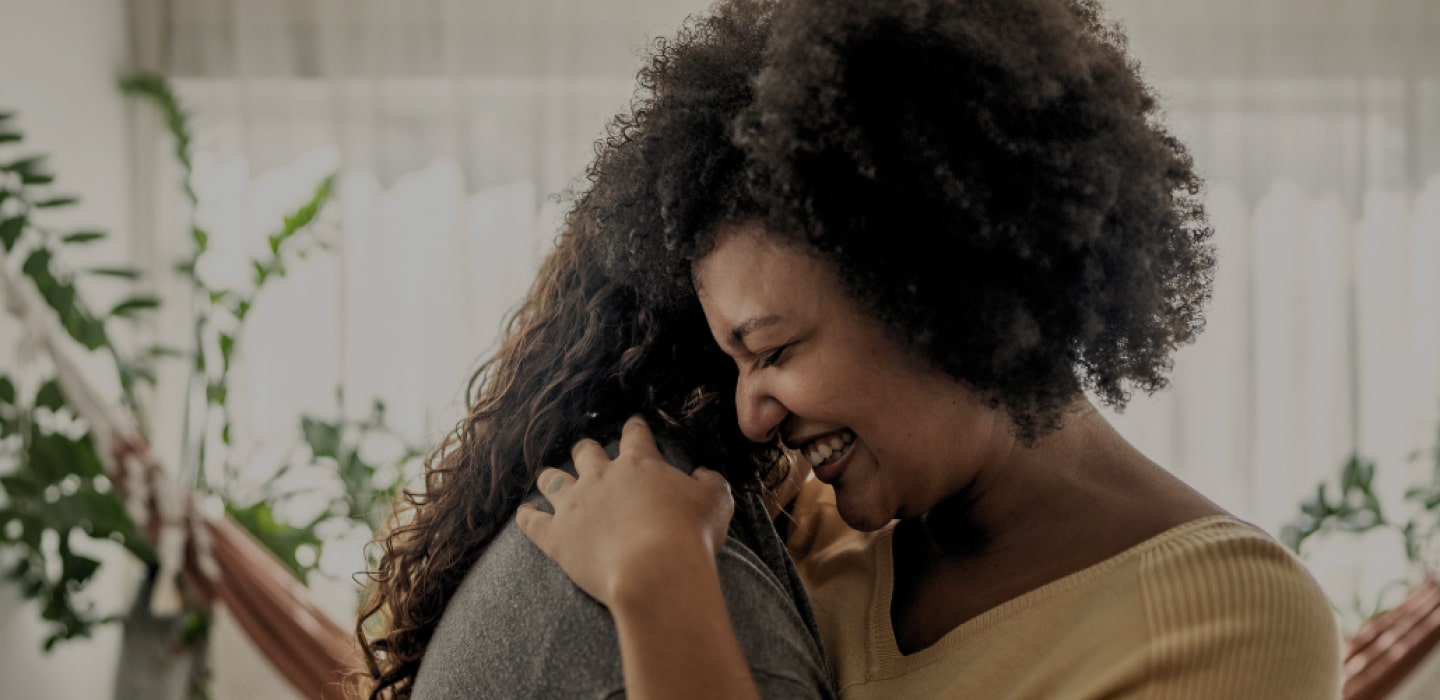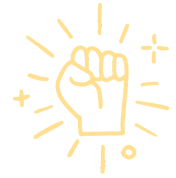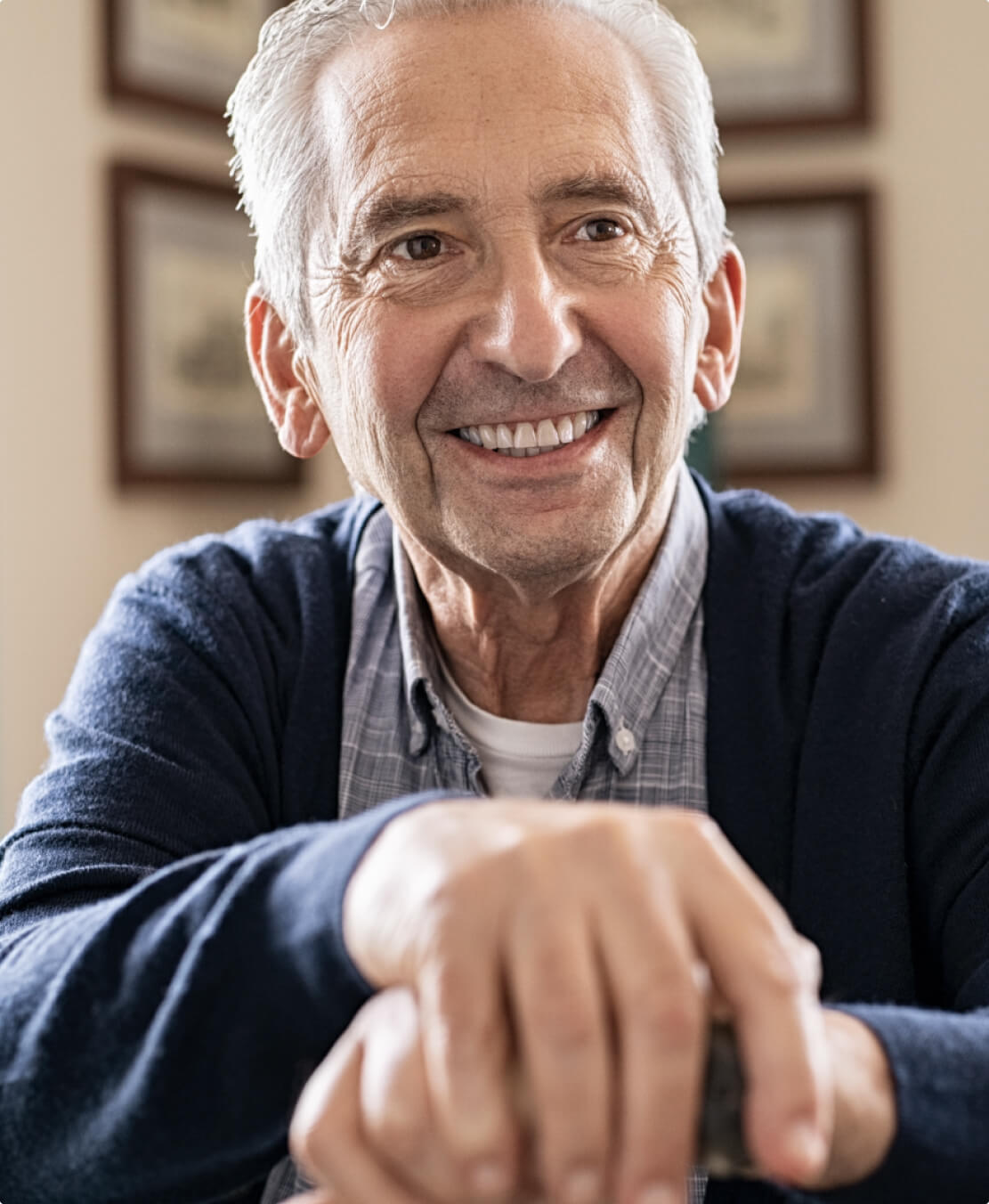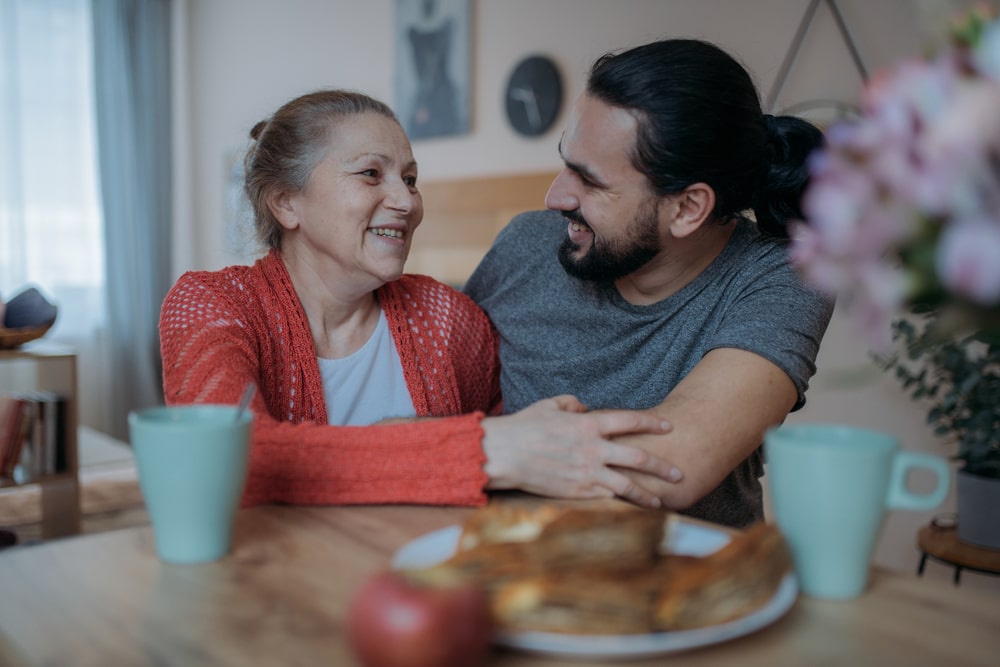
We're here to help build strong relationships.

Our relationships with each other have the power to influence our physical and mental health.
Positive relationships keep us healthy throughout our lives, and through hard times, our connections protect and heal us.

As Queensland’s leading support for relationship wellbeing we inform, help, and connect people to develop the awareness, knowledge, and skills necessary for a happier and healthier life.
Our qualified practitioners, educators, and team members are guided by research, understanding, and compassion, and we are committed to constantly expanding our knowledge.
There is always hope. We promise that together, we’ll find a way.
Who we help
We help individuals, partners, and families understand and navigate relationship challenges through information, education, and resources. For those experiencing distress, we offer counselling and mediation services to help find a way forward.
No matter where you are on your journey, we can connect you with the right services and support to help you take the next step.
Our Values
-

Hope
We believe in every individual’s capacity for change. We walk beside you, helping you build and sustain healthy relationships. Together, we will find a way through difficult times.
-

Connection
We know that connected communities are safer communities and that healthy relationships - with ourselves and each other - lead to positive outcomes for all. At the heart of our work is our commitment to providing the knowledge and skills people need to feel safe and connected.
-

Inclusion
We embrace diversity, listen carefully, and treat everyone with respect, kindness, and dignity. Our services reflect our diverse communities, and we welcome people of all backgrounds, cultures, family structures, abilities, genders, sexualities, and stages of life.
-

Courage
We are willing to make difficult decisions that lead to positive change. We speak up on the issues that matter, like mental health, isolation, and loneliness. We’ll always advocate for better relationship wellbeing because we know the health of our relationships determines the health of our communities.
Our Guiding Principles
Our guiding principles serve as the foundation for everything we do, shaping our actions and ensuring we remain true to our purpose.

-
Relationships First
Decades of evidence proves that positive relationships help us live longer, healthier, happier lives. That’s why we place people and their relationships at the centre of all we do. By prioritising positive relationships between individuals, partners, co-parents, and all kinds of families, we can tackle complex and entrenched social issues and deliver lasting positive change.
Read our strategy for change
-
Reconciliation
We recognise the Aboriginal and Torres Strait Islander Peoples of mainland Australia and related island communities as the First People of this Country and acknowledge that sovereignty over these lands was never ceded. We invest in the cultural competency of our people and commit to ensuring our services are relevant, accessible, and culturally safe for First Nations Australians. We recognise that respecting and nurturing Aboriginal and Torres Strait Islander communities benefits all Australians.
View our Reconciliation Action Plan
-
Social Justice
We are committed to - and driven by - the principles of equity, fairness, and inclusion. We advocate for policies and practices that address systemic inequalities, promote fairness for all, and contribute to creating a world where people’s rights are protected above all else.
Read about our advocacy work

-
Working at RAQ
At Relationships Australia Queensland (RAQ), creating change isn’t just something we talk about, it’s how we work together every day.
For nearly 80 years, we’ve helped Queenslanders build healthier relationships, stronger communities, and better wellbeing.
When you join RAQ, you’re not just stepping into a role; you’re becoming part of a community that values who you are and the change you help create. We support one another, grow together, and take pride in the difference we make.
Because when you belong to a community that leads with purpose and connection, change isn’t just possible, it’s powerful.Find out more about working with RAQ
Learn More About RAQ
You can view our Annual Reports, or learn more about our Leadership Team below.

